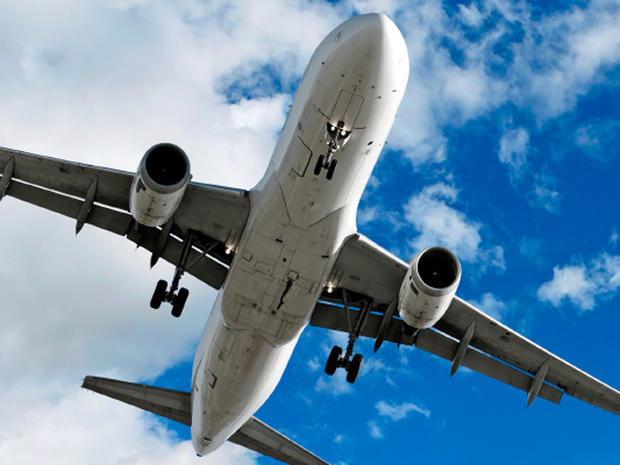How to stomp out pesky travel fees
(MoneyWatch) Many of the 33 financial fees that drive us craziest are largely either avoidable or negotiable, according to Kiplinger's Personal Finance. After conducting a survey that identified the fees Americans hate paying the most, the magazine went about determining how these fees could be eliminated or reduced.
It discovered that while some fees and charges, like those you pay for mutual fund management and for title insurance when buying or refinancing a home, can't be wiped out completely, they can be drastically reduced. Moreover, consumers can sidestep many fees, like the $100 to $300 "ABC fee" that's triggered by some real estate agents, simply by being aware that the fee exists and demanding better terms.
The fees that consumers hate the absolute most are travel-related -- those nagging baggage, frequent flier, and upgrade fees, according to Kiplinger's. But fees levied on checking account, credit card, cable, and cell-phone bills also brought howls of protest.
What can you do about these pesky fees? Following is Kiplinger's advice on how to avoid travel fees. (Check out the full story to learn ways to avoid banking, credit card, cell-phone, and those irritating "administrative" fees when you buy concert tickets.)
Baggage: The cost of checking bags at the airport starts at $25, but can soar to as much as $900 if the bag is overweight, Kiplinger's says. The best way to avoid checked bag fees is to pick the right airline. Southwest (LUV) allows you to check two bags for free; JetBlue (JBLU) allows one free suitcase. All the other airlines charge for bags, but the fees can often be waived if you're part of the airline's frequent-flier program or use an affiliated credit card.
If you have lots of bags, you'd be better off shipping them than packing them onto your flight, according to the magazine. Extra bags cost $100 to $200 each, while ground-shipping a 60-pound package (that's 10 lbs overweight on American, which would cost you another $100) could cost less than half as much.
Premium seats: You want a seat with a little extra legroom? Cha-ching! An increasing number of airlines will charge a premium price to book it in advance. But here's what most travelers don't know: If you book the regular seat, you can check at the counter when you arrive at the airport. If they have premium seats left, you may be able to snag one free or at least for a discounted price.
Frequent-flier tickets: Airlines are very sneaky. They lure you in with frequent-flier programs, but the moment you build enough points to buy a flight, they're likely to nick you with a fee to book it, labeling the cash payment a "security fee" or some such. And that's not all.
Book within a few weeks of the flight and you could incur a "rush fee." Change your mind about a flight and you face "redeposit" fees as high as $150. The best advice: Read the fine print before you sign up to make sure the airline's program works best for you. If the bulk of your miles are built with credit card spending, cards such as Capital One's (COF) Venture allow you to fly with any airline and without all the funky fees. If you build miles by flying, concentrate on achieving a mileage status that gets you perks, like waived fees. In some cases, it might even make sense to buy a few miles to hit that mileage threshold.
Upgrades: A growing number of frequent-flier programs are charging cash fees, in addition to miles, to get upgraded seats. And the fees are steep. On United (UAL), for instance, an upgrade on an international flight can cost as much as $1,200, plus miles. Again, the tip here is to consider upgrading at the gate rather than online, where the gate agent can use some discretion about whether to charge the fee and how much.

